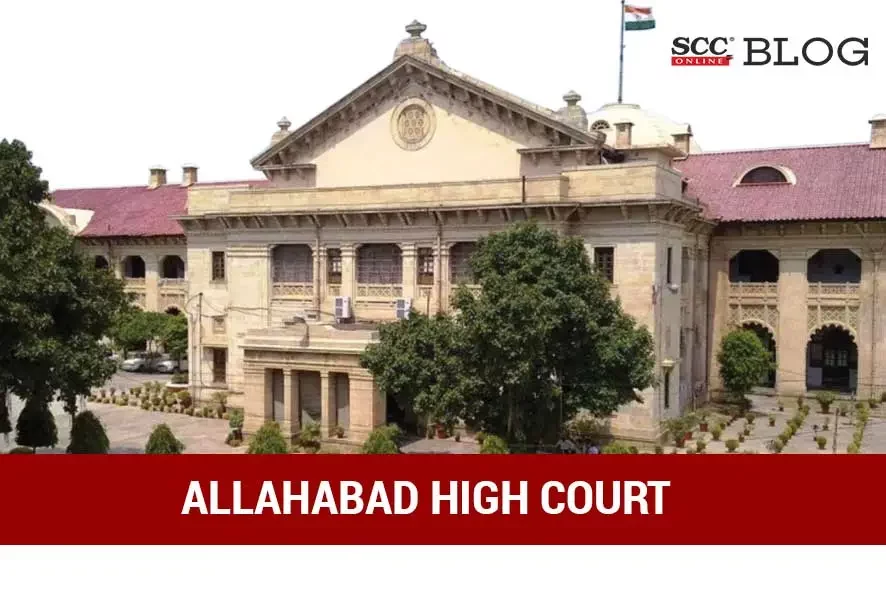Allahabad High Court: In an application filed under Section 482 of the Code of Criminal Procedure, 1973, to quash the order passed by the Additional Court for offences under Section 138 of the Negotiable Instruments Act, 1881 (‘the Act, 1881’) and to direct the Court to treat the demand notice as a valid notice of the cheque amount of Rs. 50 lakhs, Suresh Kumar Gupta, J. said that in a demand notice, if other amount is mentioned with the cheque amount in a separate portion in detail, the said notice cannot be faulted. Thus, the Court remanded the matter to the Trial Court to pass a fresh order after hearing the party.
The Trial Court has rejected the summoning of the accused under Section 138 of the Act, 1881 as the applicant has violated the provisions of Section 138(b) of the Act, 1881.
Issues:
The issue in this matter was whether demand notice can be faulted if any other sum indicated in addition to the said amount under Section 138(b) of the Act, 1881.
Observation and Analysis:
The Court noted that provisions of Section 138(b) of the Act, 1881 deal with the demand notice which is given by the holder of the cheque. After perusing the Clauses (b) and (c) of the proviso to Section 138, the Court noted that it is specifically mentioned “the said amount of money”. This is referred to as the words “payment of any amount of money”, which means the cheque amount. Thus, in the notice under Clause (b) of the proviso to Section 138, the holder can demand only for the cheque amount.
The Court reiterated that the demand notice should be read as a whole. In the demand notice, the holder or payee can demand to pay out for the said amount, i.e., cheque amount.
The Court also pointed at the main question that arises was whether the holder adds such type of amounts then, what is the validity of said notice?
On the point, the Court noted that it depends on the language of the demand notice. When the holder demands these types of other amounts with the cheque amount, he has to specify that amount with details in the notice. It does not affect the validation of such demand notice. Thus, it held that to make a valid demand notice as per the proviso of Section 138(b) of the Act, 1881, the due amount of bounced cheque, and other additionally claimed amounts should be mentioned in a separate portion.
The Court noted that under Section 138 of the Act, 1881, regarding the cheque bounce matter, the drawer would be liable for conviction if he does not make payment within 15 days after receipt of the notice. Further, it said that if the drawer pays the cheque bounce amount within the above period or before the complaint is filed against him, it might be the end of legal liability regarding the cheque. For recovery of other sums which is additionally mentioned in the notice, the payee should apply for the civil proceeding and can pray for that remedy.
Th Court further took note of Suman Sethi v. Ajay K. Churiwal, (2000) 2 SCC 380 and other High Court cases, wherein the Court held that as per the proviso of Section 138(b) of the Act, 1881, demand has to made for the cheque amount, however, it cannot be faulted if, in addition to cheque amount any other sum by way of interest, cost etc. is separately indicated.
Thus, the Court said that in a demand notice, if other amount is mentioned with the cheque amount in a separate portion in detail, the said notice cannot be faulted. Thus, the Court remanded the matter to the Trial Court.
[Prashant Chandra v State of UP, 2023 SCC OnLine All 170, Order dated 10-05-2023]
Advocates who appeared in this case :
Counsel for Applicant: Advocate Vivek Kumar Rai, Advocate Radhika Singh;
Counsel for Opposite Party: Government Advocate.







